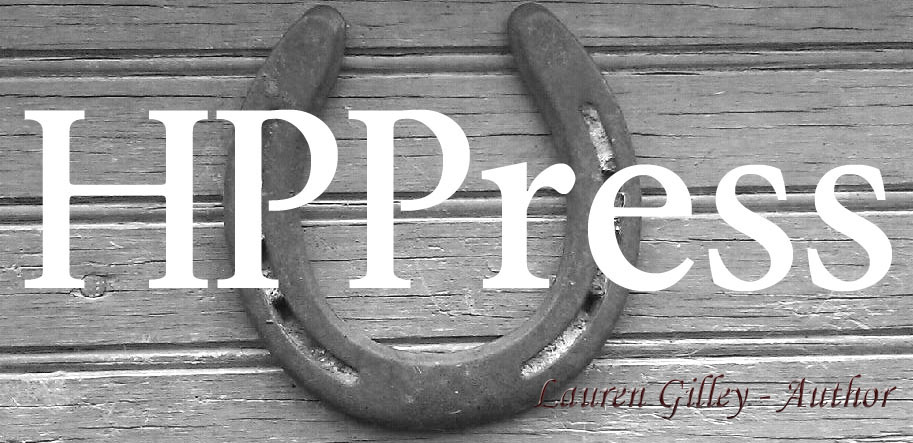Here we are on the fifteenth, right smack in the middle of November. And, if you're a writer, smack in the middle of NaNoWriMo. As of this point, I've written about 14k words, which is better than I thought I'd do, but nowhere near what I need to complete 50k words in just one month.
Any time you talk about NaNo, you're met with mixed reactions. Some are gung-ho, some flat-out refuse to participate, and some are on the fence. I react to it the same way I do to all things trending and buzzed-about in the book world: do what works for you. There's plenty of posts out there about how to hit the desired word count. This is a post about letting NaNo work for you, as opposed to the other way around.
Literally the only month that would make for a worse selection as "National Novel Writing Month" is December. It's bad enough as it is in November. I'm helping to host Thanksgiving dinner this year, and it's just not possible to run the vacuum, crumble cornbread for dressing, and write brilliant sentences at the same time (believe me, I've tried in years past). So right out of the gate, with the holiday, and the lead-up to Christmas, and the daylight getting cut back by an hour, you're at a huge disadvantage.
So what's it good for? I think NaNo is a great push for writers who need one. And let's be honest, most of us need a good push now and then. I look at it not as a contest that you sign up for and participate in - because I'm not, nor will I ever be a social writer (more on that later) - but as a way to challenge yourself. Your goal is 50k words on paper, sure, but the point, I think, is to just get in a good habit of writing every day with purpose, and limiting distractions. I think NaNo is a great way for writers to mentally knuckle down and Get Stuff Done.
Know How You Work Best
In order to do your best work, you have to know how you work best. Are you a morning or evening writer? Do you like to write straight through, or hop around? Are you an extrovert - inspired by social interactions? Or an introvert - drained by social interactions?
I'm an introvert, at my creative best when sitting alone, music playing quietly, without any outside voices in my head. Alone time - quietly reading or daydreaming - is the time when I recharge and find my writing voice again. Being around others, even if it's fun, mentally and physically drains me. Are you someone who, after a night out with friends, just wants to lie down and be quiet for a while? You're probably an introvert like I am. And for true introverts, social media is a horrible brain- and soul-sucking death trap of badness.
Because I'm writing professionally at this point, I have to have a constant, daily social media presence. But if this is your first novel, by all means take advantage of the anonymity and keep off social media. I bet you'd be surprised by your productivity.
Set Reasonable Goals
Last year, I realized that I could make my final word count with a daily word count goal of only 1,600 words. I loved this because it allowed me flexibility. Some days I didn't meet it, and some days I exceeded it. By the end of the month, I'd surpassed my final goal, but it hadn't felt like a struggle. If you know you won't be able to reach 50k, then don't sweat it. Use the month as a motivational tool to simply write more, no matter the word count.
Don't Compare Yourself to Others
You aren't writing their book, and you don't live their day-to-day life. Sometimes comparison can be motivating, but for the most part I think it leaves you with a sense of inadequacy. I've struggled a little over the past year realizing that a 500+ page book takes a long time to write, and that it's important to listen to my body when health and wellness make writing difficult. Again, because I write professionally, I have to just limp through on the days when I don't feel like it, but if you're starting out, don't rush yourself. Don't look at others' numbers and find yourself lacking. That sort of thing is a creativity killer.
Have Fun With It
The way you look at something can greatly affect its level of stress, so I think we ought to look at NaNo as something fun to challenge us, and not a requirement that makes us want to pull our hair out. It's better to write 20k great words than 50k mediocre ones that are slapped on the page in the name of making word count.
At the end of the day, writing is a deeply personal, deeply solitary art, one that taps into all your emotions and motivations. If NaNo helps you be a better writer, then get after it. If it doesn't, well...I'm not in favor of anything that squashes sprit and creativity.















